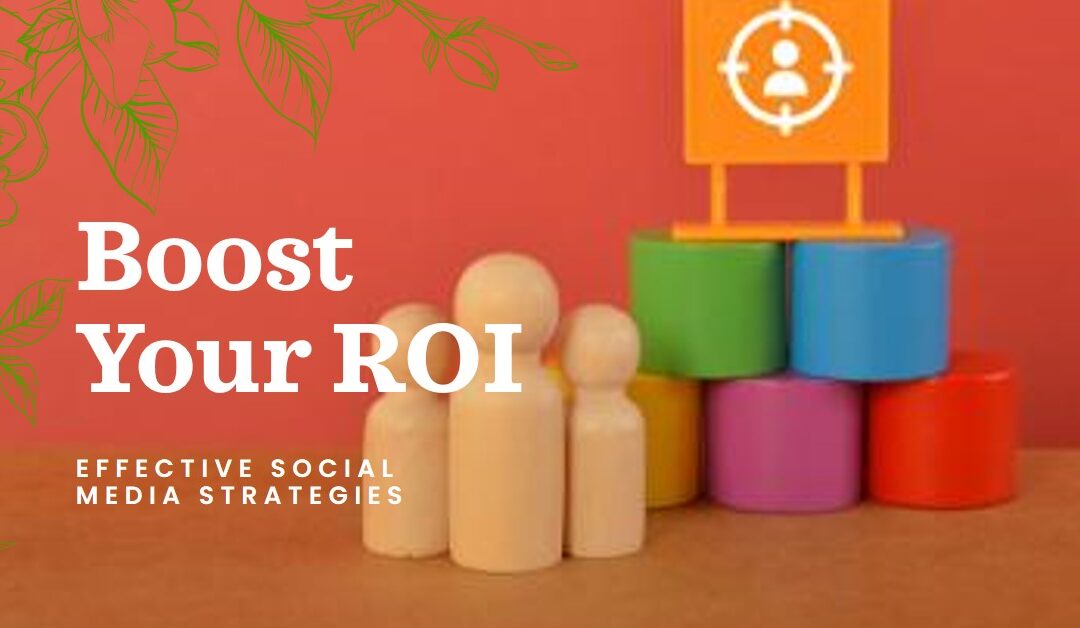Introduction
Social media campaign management is fast becoming one of the defining factors in brand visibility and audience interaction in this new digital frontier. At present, about 4.9 billion people out of a probable total population of about 7 billion use social media; that is roughly about three-quarters of the population on Earth in 2023. No business can afford to ignore a proper strategic approach to using the medium to its best possible advantage. Whether you’re a business owner or part of an executive team for marketing and sales, making sure that you understand the subtle yet important nuance of running and managing an effective campaign might be quite crucial in ROI.
In this guide, we’re going to go deep into the key components of managing a social media campaign, actionable strategies, and tools to amplify your marketing game.
What is Social Media Campaign Management?
Management of a social media campaign involves planning, execution, analysis, and optimization of marketing activities across platforms like Facebook, Instagram, Twitter, LinkedIn, and TikTok. It focuses on:
Goal setting: Brand awareness, lead generation, or sales.
Target audience identification: Demographics, interests, behaviors.
Content Creation Create engaging posts, ads, and stories.
Performance tracking: it’s all about measuring success through analytics that will help in tweaking strategies.
Why Social Media Campaign Management Matters
More Engaging: Campaigns that resonate with your audience help build relationships and loyalty within.
Increased ROI: With targeted advertisements and refinement along the way, businesses stand to enjoy better returns on invested capital.
Strengthens Brand Identity: Consistency in campaigns helps in building trust and brand recall.
Provides Insights: It gives insights through advanced analytics, which is highly beneficial for decision-making and further campaigns.
How to Effectively Run a Social Media Campaign
- Clearly Define Objectives
Set SMART first: Specific, Measurable, Achievable, Relevant, Time-bound. Example:
Increase the flow of website traffic by 25% in three months through Instagram ads.
Generate 500 leads on LinkedIn during Q1.
- Know Your Audience
Utilize tools such as Google Analytics, Facebook Audience Insights, or LinkedIn Demographics that provide data on:
Age, gender, and location.
Interests and online behaviour.
Preferred social media platforms.
- Choose the Right Platforms
Each platform caters to different audiences and content types:
Instagram and TikTok are ideal for visual storytelling and younger demographics.
LinkedIn: Ideal for B2B campaigns and professional networking.
Twitter: The best platform for real-time updates and engaging with others.
- Craft Compelling Content
The king in every social media campaign is the content. Focus on creating:
Visuals that Engage: Use high-quality images, videos, and infographics.
Authentic storytelling: behind-the-scenes content or customer success stories.
Call-to-actions: These will urge users to take certain actions such as visiting your website or downloading an ebook.
- Schedule and Automate Posts
Schedule posts ahead of time with tools such as Hootsuite, Buffer, or Sprout Social. That way, automation will guarantee consistency and give you some time to fine-tune your strategy. - Leverage Paid Advertising
Social media platforms have powerful advertising capabilities:
With Facebook Ads Manager, you can create highly targeted campaigns based on demographics and interests.
Instagram Boost Posts: Amplify high-performing posts for greater visibility.
LinkedIn Sponsored Content: Sponsored posts to the decision-makers in your industry.
- Monitor Performance Metrics
Track key performance indicators such as:
Engagement Rate: Likes, comments, and shares.
Click-Through Rate (CTR): The percentage of users who click on your calls-to-action.
conversion rate-The number of leads or sales that come from a campaign.
Use analytics tools such as Google Analytics, Facebook Insights, and HubSpot for a detailed report.
- Campaigns Optimization
Continuously test and adjust:
Ad creative formats.
Times and frequency of posting.
Target audiences or audience segments.
Best tool for managing social media campaigns
Hootsuite: Provides one integral platform for scheduling, monitoring, and analysis.
Canva – create professional-looking graphics for posts and ads.
BuzzSumo: Identify trending topics and influencers in your niche.
Later: Schedule Instagram posts, analyze performance.
Google Data Studio: Visualize and share data on social media performance.
Case Study: Effective Social Media Campaign
Campaign Name: #ShareACoke by Coca-Cola
Platform: Instagram, Twitter, Facebook
Objective: Increase brand engagement and customer experience.
Execution:
Printed names on Coke bottles, encouraging users to share pictures with personalized drinks.
Leveraged user-generated content (UGC) to amplify reach.
Results:
Increase in sales by 25 among the young adult group.
More than 500,000 photos have been shared with the hashtag #ShareACoke. Common Mistakes to Avoid
Ignoring Analytics: Neglecting measurement leads to missed optimization opportunities.
Overposting: Too much bombardment causes reduced engagement.
Generalized Content: Failure to personalize results in alienation of your audience.
Neglecting Responses from the Audience: Not responding to comments or messages undoubtedly harms the brand reputation.
FAQs About Social Media Campaign Management
- How much does running a social media campaign cost? Of course, prices would vary from a platform to platform, further depending on audience size and campaigning objectives. Generally speaking, small businesses can spend on average from $200-1,000 per month on ads.
- How long does social media run a campaign for? The length is at the discretion of you and your goals. Awareness campaigns may run for several weeks, while seasonal promotion could be a few days.
- How do I measure the success of this campaign? Monitor KPIs of engagement rate, CTR, and ROI via analytics tools.
- Should I hire a social media manager? When campaigns take much time, hiring a professional ensures continuity and performance.
- Can small businesses compete on social media? Of course, with focused strategies and creative content, small businesses can achieve great results.
Conclusion Mastering social media campaign management is one sure way for any business to strive in the present competitive digital space. Set your objectives, understand who’s out there, and make use of the right tools to develop effective campaigns that ensure actual results. Ready to take your social media strategy to the next level? How will you optimize for maximum engagement and ROI your next campaign?
Also know Transform Your Online Presence with Expert SEO Marketing Services

